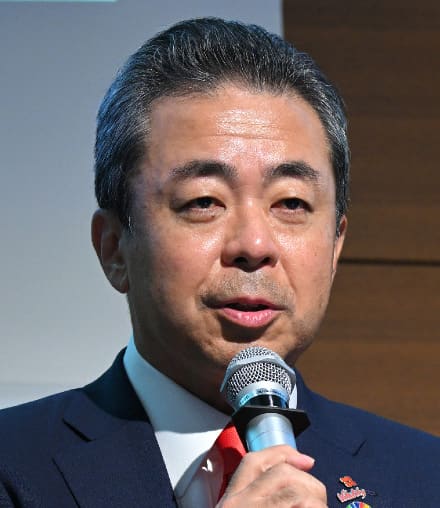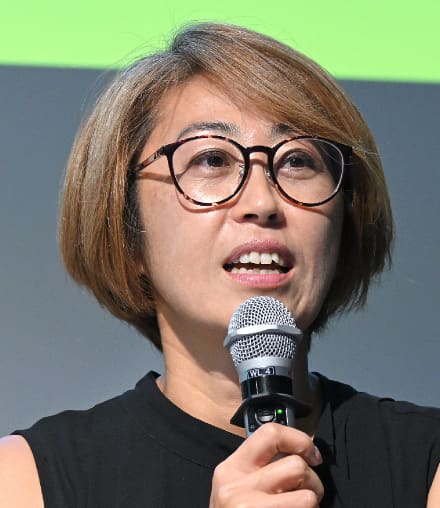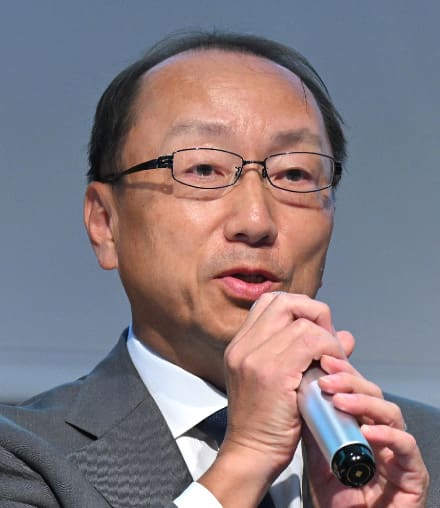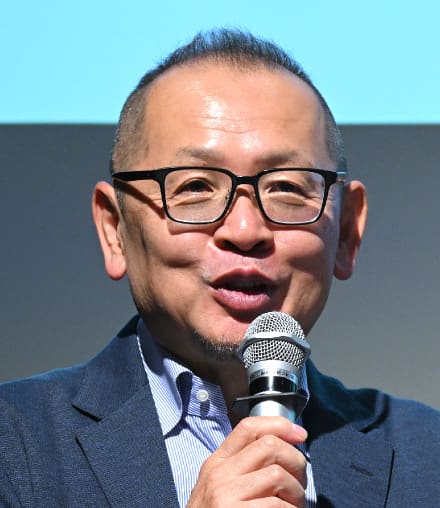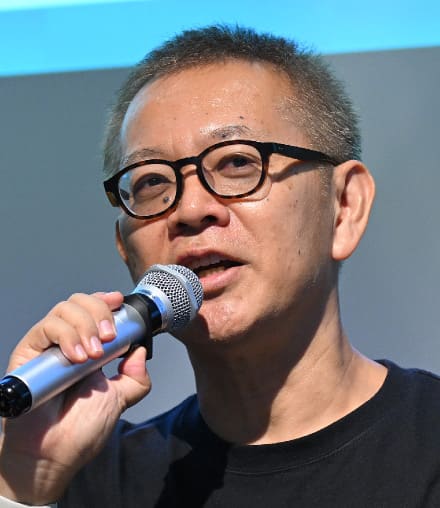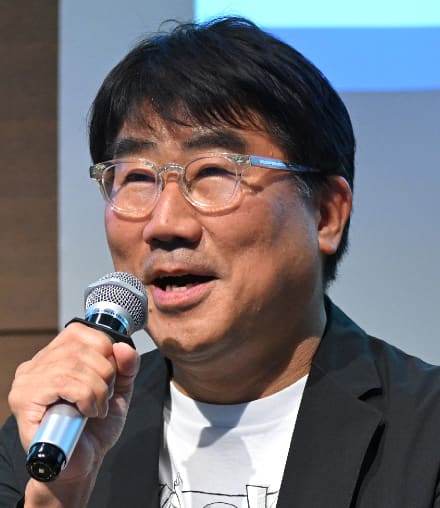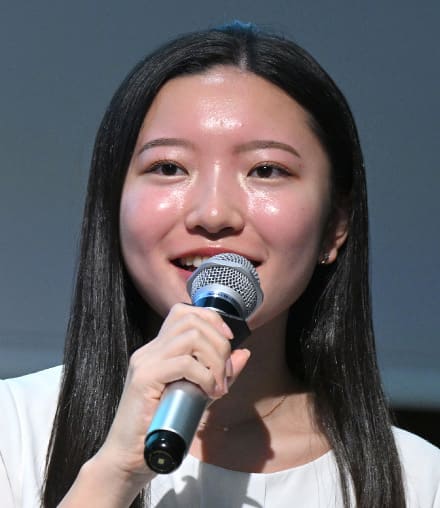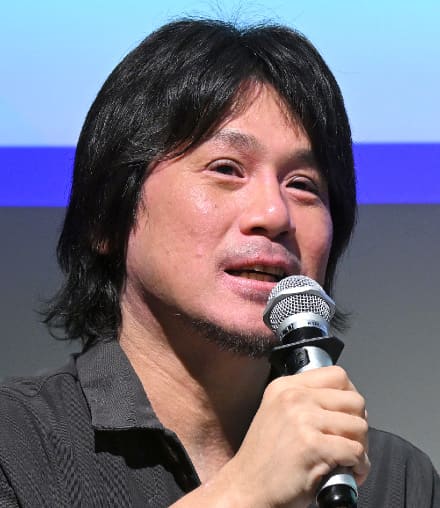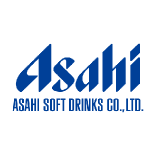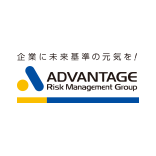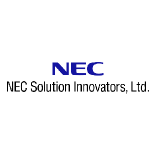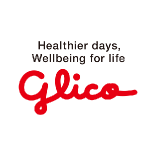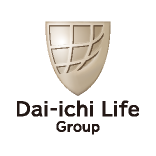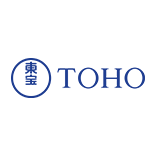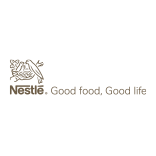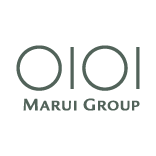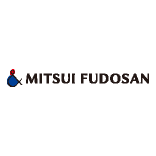“We” Are the Starting Point
Hiroko Kuno
Executive Managing Officer, General Manager of Sustainability Division, Morinaga Milk Industry Co., Ltd.
[Moderator]
Shogo Fujii
Chief Consultant, Senior Researcher, Nikkei BP Intelligence Group
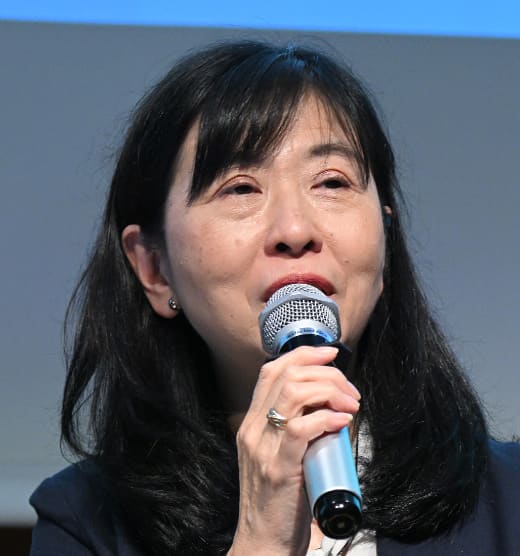
Hiroko Kuno
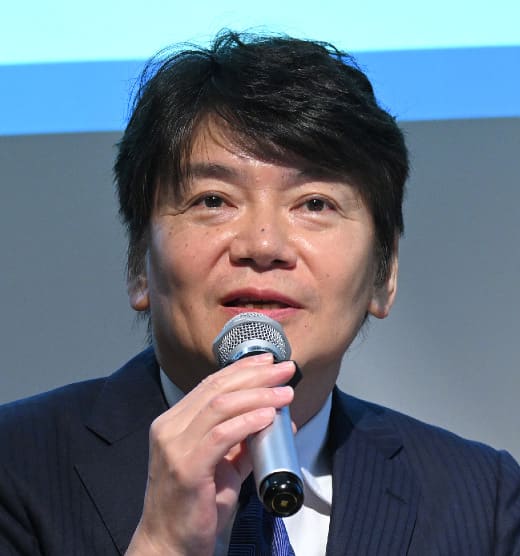
Shogo Fujii
Fujii: What is the “Morinaga Group Declaration on Health” that you released in March?
Kuno: It describes a vision of a constant cycle of well-being between us, the employees, and the people we serve; that is, our customers and consumers in Japan and overseas. It is significant that all the statements begin with the word “we.” “We” are aiming to create a virtuous cycle that enables us to make a positive contribution to the security, health, and happiness of many people.
Fujii: You have published more scientific papers on the bifidobacteria that live in humans than any other company.
Kuno: Since we started researching human-derived bifidobacteria in the 1960s, we’ve discovered that they have a variety of beneficial effects. For Expo 2025 in Osaka, we are planning an exhibit titled “Well-Being Created in the Gut.”
Recently, we discovered a bacterium that helps to preserve human memory, which declines with age. This functional claim has been accepted. Bifidobacteria and the intestinal environment are a principal focus of our research, but there are still so many things we don’t understand. There are treasures of knowledge waiting to be found.
Fujii: You are also working to improve communication of health-related information.
Kuno: Setting ourselves the goal of increasing participation in health promotion and nutrition education activities to 1 million people by 2030, we started a health seminar service with nutritionists for companies and other organizations. We have also created a “health enhancement map” that summarizes the health value we provide under five categories. As a company that offers benefits to both body and mind, we are striving to deliver more and more value.


